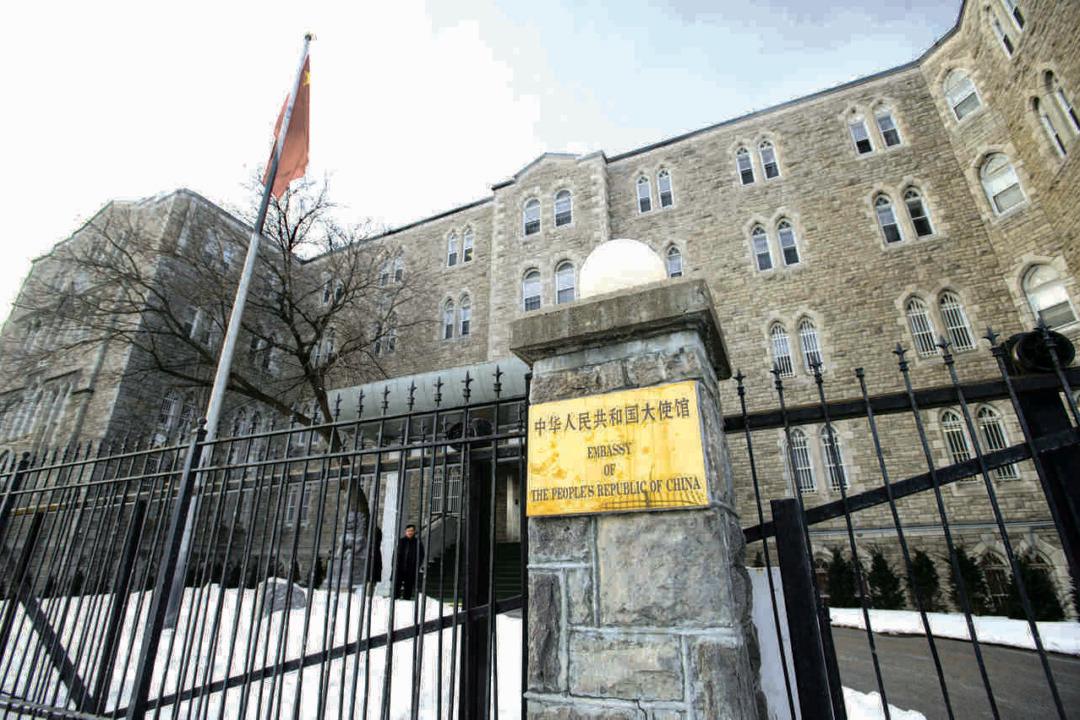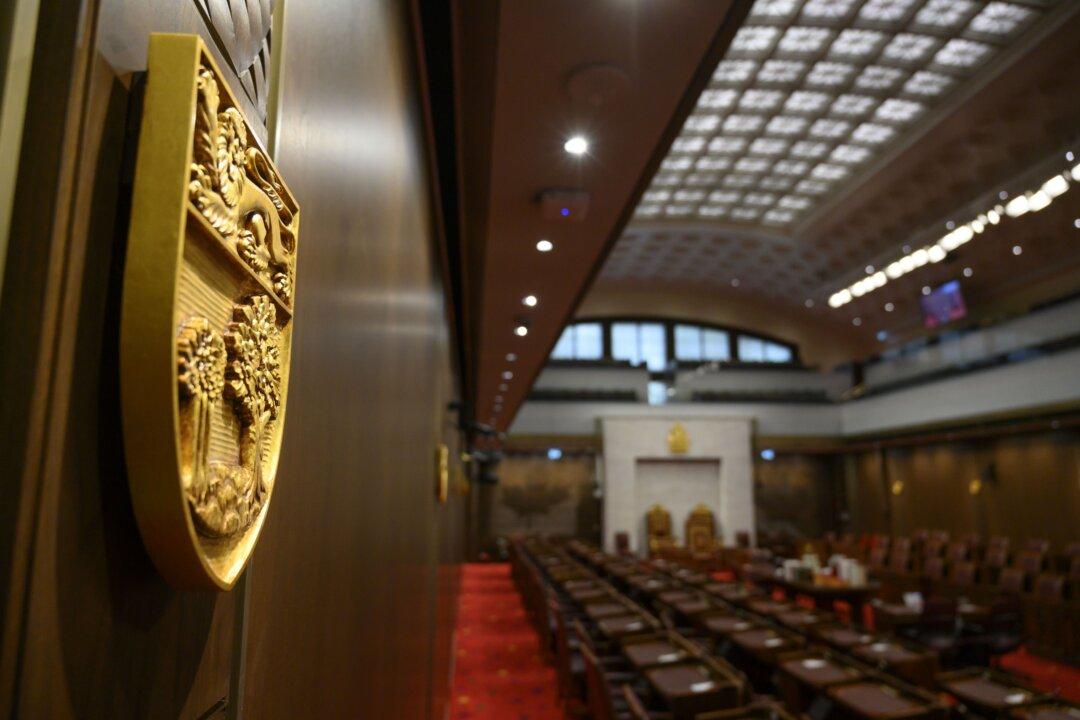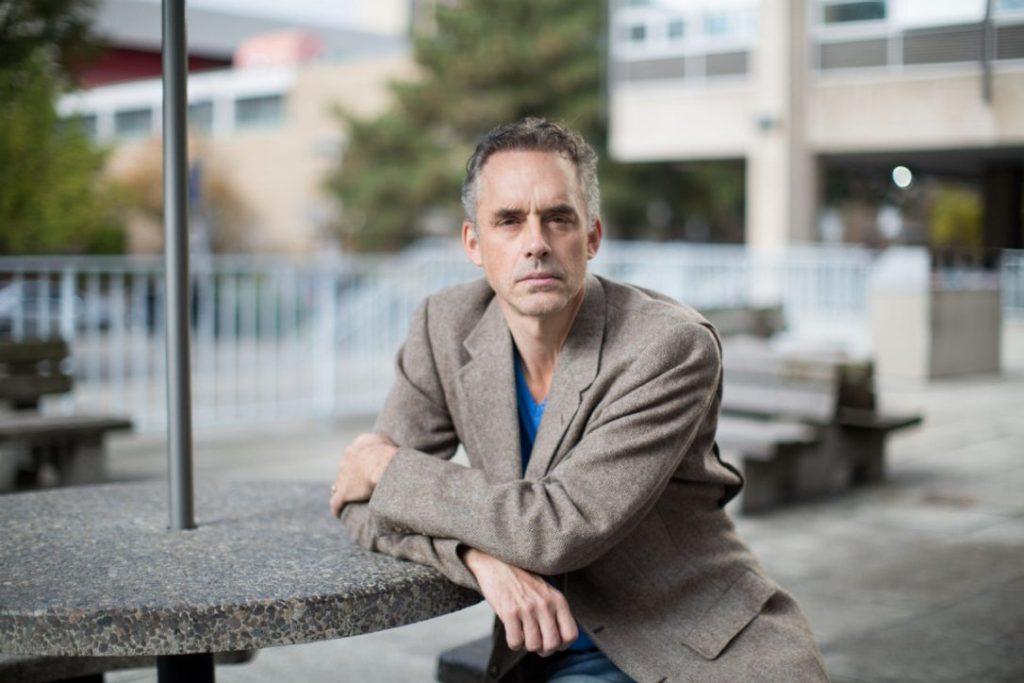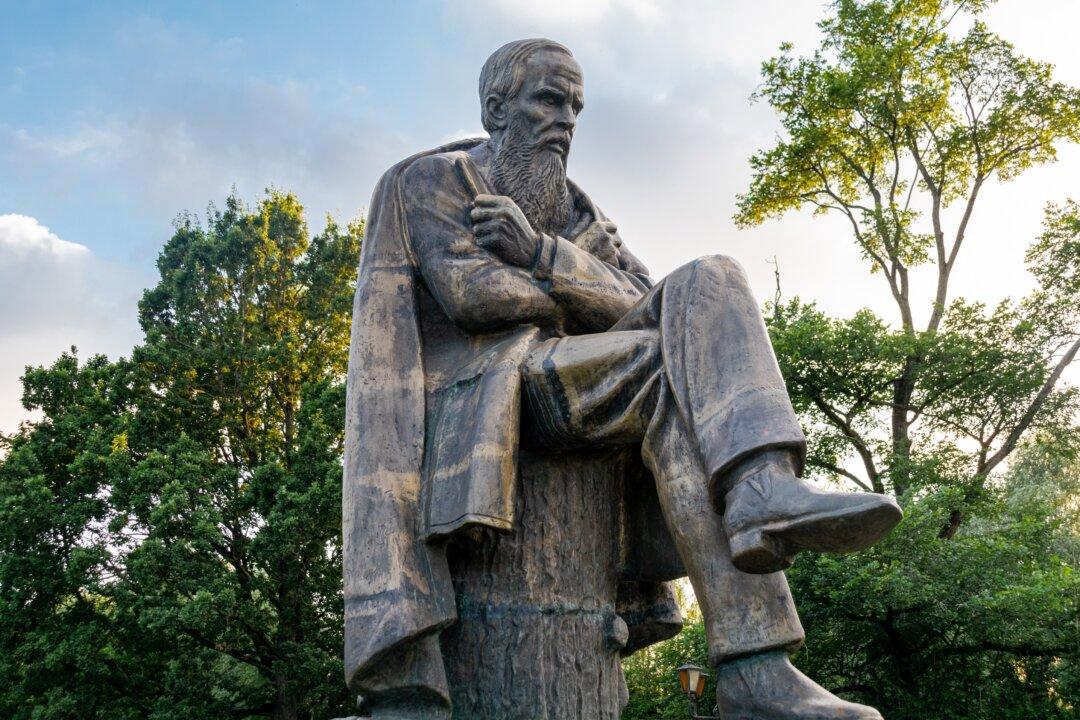Commentary
Ontario’s Peel District School Board, those wonders who are systematically removing treasured books from library shelves, might watch the movie “Storm Center,” starring Bette Davis as the middle-aged librarian who is destroyed because she refused to take a single controversial book off her library shelf.





